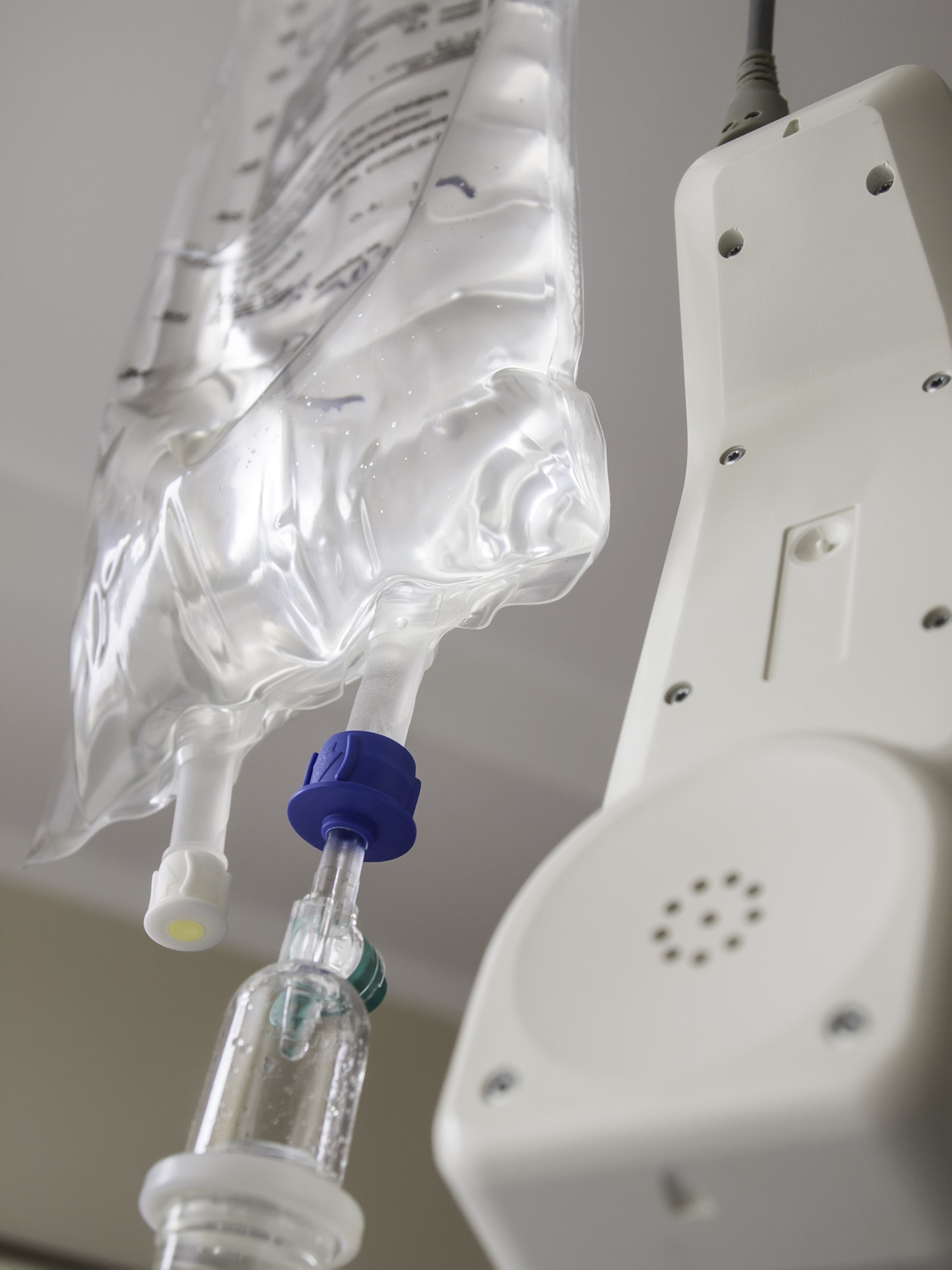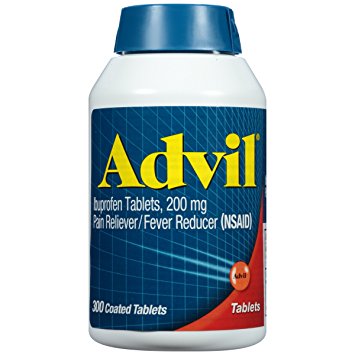
Disorientation loss of motor coordination Stomach damage ulcers and perforations in the stomach wall. While it isnt harmful to the average person due to its wide margin of safety in people a very small amount can be harmful to a dog.

Ibuprofen poisoning occurs when a dog ingests a toxic dose of ibuprofen either through misuse or by accident.
What happens if my dog eats an ibuprofen. What happens if a dog eats an ibuprofen tablet. Dog ibuprofen dog eats ibuprofen. If your dog ate ibuprofen the severe symptoms of ibuprofen or naproxen toxicity are.
Disorientation loss of motor coordination Stomach damage ulcers and perforations in the stomach wall. What happens if a dog eats ibuprofen and diarrhea. Ibuprofen is poisonous to dogs because they cant clear it from their bodies nearly as fast as humans can leading to a number of problems.
These can include gastrointestinal bleeding and kidney damage. Call your vet or Animal Poison Control immediately if you think your dog has eaten any ibuprofen. If your dog ate ibuprofen the severe symptoms of ibuprofen or naproxen toxicity are.
Disorientation loss of motor coordination. Stomach damage ulcers and perforations in the stomach wall. Answer 1 of 3.
Ibuprofen is toxic to dogs because besides being an NSAID it is also a blood thinner. If you believe you dog may have ingested ibuprofen or any other human medication go straight to an ER vet approve of them inducing vomiting andor administering activated charcoal to. Ask Jessica Desrosiers Now.
Ibuprofen can cause problems in dogs including stomach ulceration and damage to the kidney or liver. It is best to contact your local vet or emergency clinic with the amount your dog may have eaten to determine if he will need emergency care. If the ibuprofen toxicity is recognized fast enough it is likely that your dog will make a full recovery.
However if a large amount was ingested or the ibuprofen toxicity was not recognized until several hours after the ingestion of the drugs occurred it is possible that it could lead to the death of the dog. Ibuprofen poisoning occurs when a dog ingests a toxic dose of ibuprofen either through misuse or by accident. Most commonly in dogs clinical signs related to irritation and ulceration of the gastrointestinal tract are observed including decreased appetite vomiting sometimes with blood diarrhea depression abdominal pain dark tarry stools and bloody stools.
While it isnt harmful to the average person due to its wide margin of safety in people a very small amount can be harmful to a dog. Ibuprofen reduces production of inflammation but also reduces production of substances used to protect the lining of the stomach. This is what causes stomach ulcers in many toxicity cases.
I understand that you are concerned as your pup may have eaten a 200mg Ibuprofen tablet. This drug can be toxic for dogs causing gastrointestinal ulcers and bleeding as well as kidney failure but they must eat a certain amount per pound of body weight to see toxic effects. A 26 pound dog that eats just one 200 mg ibuprofen gets around a 17 mg kg dose of the ibuprofen.
We get that dose of mg kg by taking 26 divided by 22 to give the weight in kgs - 118. Then the 200 mg is divided by the 11. 8 to give that 17 mg kg dose.
In medical parlance canine reactions to painkillers classify as acute disorders because of their sudden onset and immediate severity. If your dog ate ibuprofen signs of toxicity within an hour include. Blood in vomit or blood in stool.
Urinary incontinence or loss of bladder control. Call an emergency veterinarian right away if your dog eats ibuprofen. If you cant contact an emergency veterinarian for some reason you can call the ASPCA Animal Poison Control hotline at 888 426-4435.
They may charge you for using this service but it could be the difference between life and death for your dog. At this moment my dog is in the animal hospital because she ate some ibuprofen tablets. Do not feed your dog ANY ibuprofen ever.
It can be fatal especially is. If your dog ate ibuprofen signs of toxicity within an hour include. Blood in vomit or blood in stool.
Urinary incontinence or loss of bladder control. The more pills a dog ingests the more dramatic the symptoms as time passes and. For an 11 lb dog that is 125 mg.
So if he did eat 3 pills then you will probably see those symptoms. The article also states that acute renal failureis associated with higher doses at 175 mgkg which would be 875 mg for your dog. If the maximum amount he ate was three 100 mg pills then he should be okay.
My dog ate ibuprofen. While there are naturally dog owners who extend their own comfort level with OTC pain relievers to their dogs for the most part reported cases of acute ibuprofen toxicity are the result of canine curiosity and indiscriminate appetite. What happens if my dog eats ibuprofen.
Dogs are more sensitive than us to the effects of ibuprofen and it can be toxic in relatively small doses. Doses as low as 25mg per kilogram of body weight regularly cause symptoms especially if given regularly over some time. So for example even a single tablet in a small to medium-sized dog could develop issues like.
In addition to ulcers increasing doses of ibuprofen eventually lead to kidney failure and if left untreated can be fatal. What happens when a dog eats Advil. If your dog ingests Advil you may only have a short time to act.
It can be absorbed into the bloodstream quickly and a low dose of even one pill may cause some serious side effects. The more pills a dog ingests the more dramatic the symptoms as time passes and the medication makes its way through the bloodstream. If your dog ate ibuprofen the severe symptoms of ibuprofen or naproxen toxicity are.
Disorientation loss of motor coordination. Stomach damage ulcers and perforations in the stomach wall. Click to see full answer In respect to this will 200mg of ibuprofen hurt a dog.
For dogs ibuprofen can easily exceed toxic levelsIbuprofen has a narrow margin of safety in dogsSigns of toxicosis can occur when as little as half a 200 mg pill is given to a 25 pound dogThe most common toxic effects are to the gastrointestinal GI tract kidneys or liver.